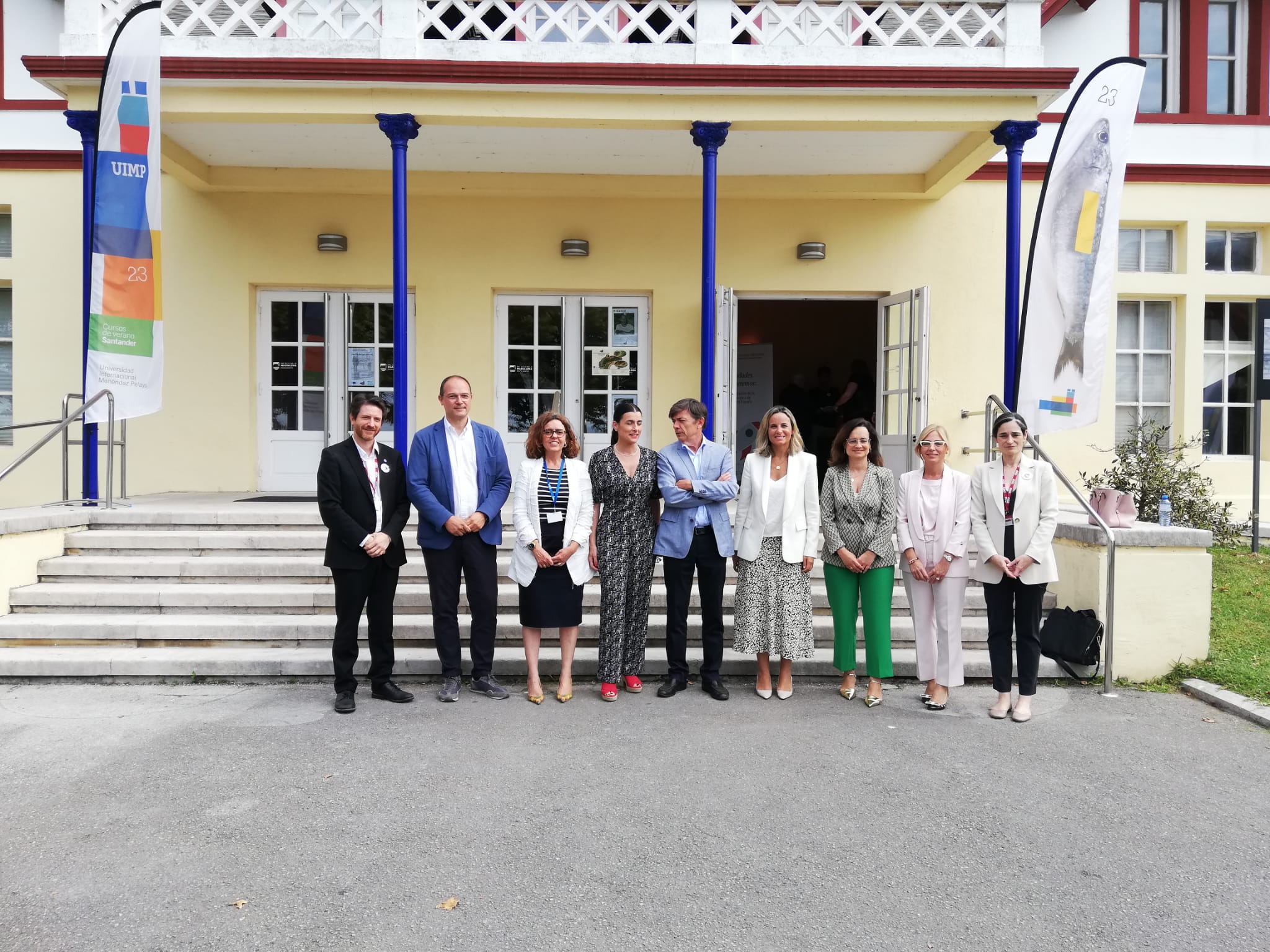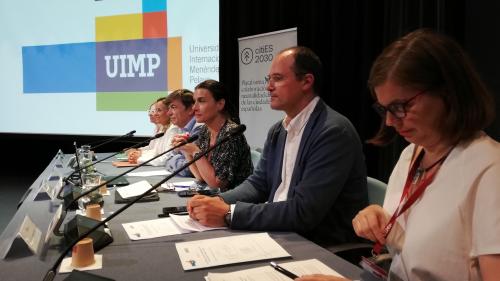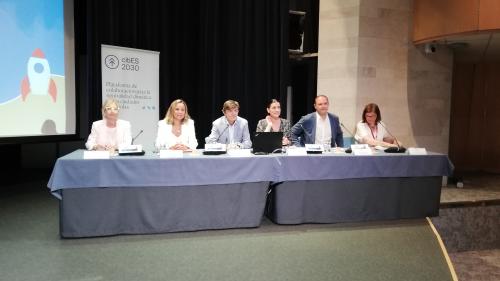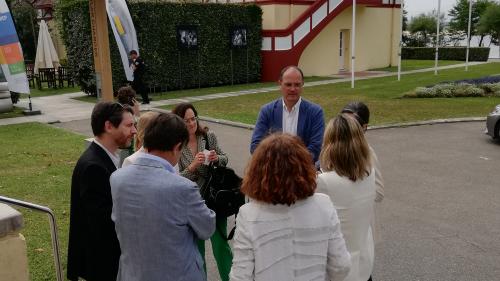
‘Las Ciudades Que Queremos: Implementación De La Misión Europea De Ciudades En España’ (The Cities We Want: Implementation of the European Cities Mission in Spain’), is the title of the meeting that will be held for the second consecutive year, from July 17 to 19th, in the summer courses of the Universidad Internacional Menéndez Pelayo in Santander. A course organised by citiES 2030, together with the Biodiversity Foundation of the Ministry for Ecological Transition and Demographic Challenge and the city councils participating in the programme.
Programme
The meeting will address the main advancement of the Mission and the next steps of the common roadmap in the Spanish and European context, such as obtaining the Mission Label. Of particular relevance in the debate will be the Mission's approach as an opportunity to reduce inequality.
The citiES 2030 platform already brings together 15 Spanish cities, seven of them immersed taking part in the '100 Smart and Climate Neutral Cities Mission'. Furthermore, NetzeroCities will close the week focusing on the progress of the programme in the rest of Europe's municipalities.
Valladolid, together with Madrid, Barcelona, Valencia, Seville, Zaragoza and Vitoria, will share this week learning, strategies and tools that involve citizens and the private sector to implement the recently signed Climate Agreements. It is precisely the group of the seven Spanish cities in the Horizon Europe Mission that is leading the way in approving the Climate Agreements that Europe is demanding in order to move towards a carbon-free continent.
Over the last few months, Valladolid has been able to pass its Climate Agreement and submit it to the European Commission in the first phase - March of this year - to obtain the Mission's Label. It should be noted that only 10 cities out of the 112 selected to form the Mission Cities group have achieved this. García Pellitero, Valladolid City Councillor for the Environment, highlighted the city's progress in energy transition, mobility and renaturalisation projects, and commented on the need to communicate to the public the keys to such an important mission that takes on the challenge of having cleaner cities with a better quality of life.
Valladolid Climate Agreement
The Valladolid Climate Agreement, approved by the City Council in March, and to which almost 40 organisations have already adhered subscribed, specifies the commitments to achieve climate neutrality in the city and develops three plans: Investment, Governance and Climate Action.
- The Climate Investment Plan yields a 44% return-on-investment figure for the city of Valladolid.
- The Governance Plan promotes, among other actions, accessions to the agreement that bring together the public and private sectors and involve specific actions and commitments by the different entities to achieve climate neutrality.
- The Climate Action Plan shows scenarios to be undertaken by 2030, where, for example, at least a 65% decarbonisation of heating will have to be achieved, and in this sense the sustainable heat networks that are being deployed by SOMACYL -with the support and collaboration of the City Council- are essential.
Work is already underway to supply more than 30,000 residents in three large Valladolid neighbourhoods, which will mean switching off more than four hundred fossil fuel boilers and chimneys. This major infrastructure joins the two networks already deployed and fully operational: the heat network of the Valladolid University campus and that of the North-East area.


